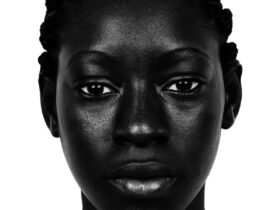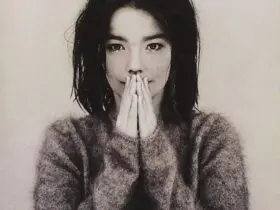Legal battle unfolds: Blogger faces lawsuit for alleged harassment of rapper
A clash in the digital age
In the ever-evolving landscape of social media, the line between free speech and defamation can often blur. Recently, a high-profile legal battle has emerged, pitting a well-known rapper against a controversial blogger. The lawsuit accuses the blogger, Milagro Gramz, of engaging in a prolonged campaign of harassment and spreading falsehoods about the artist.
The allegations: A deep dive
The rapper, whose identity remains confidential due to ongoing legal proceedings, claims that Gramz has been disseminating damaging and untrue statements for years. These allegations include accusations of criminal behavior, personal attacks, and unfounded rumors that have significantly impacted the rapper’s career and personal life.
The impact on the artist’s career
The music industry is notoriously competitive, and reputation plays a crucial role in an artist’s success. The rapper’s legal team argues that the false statements have led to lost opportunities, including endorsements, collaborations, and performance bookings. The financial and emotional toll of these allegations cannot be understated.
The blogger’s defense
Milagro Gramz, known for her provocative and often controversial content, has built a substantial following by pushing the boundaries of traditional journalism. In her defense, Gramz claims that her statements are protected under the right to free speech and that her content is based on information from credible sources. She argues that the lawsuit is an attempt to silence her and suppress her freedom of expression.
The legal landscape: Defamation and free speech
The case brings to light the complex interplay between defamation laws and the First Amendment. Defamation involves making false statements that harm another person’s reputation. However, proving defamation requires demonstrating that the statements were made with actual malice or reckless disregard for the truth.
The burden of proof
In this case, the rapper’s legal team must provide clear evidence that Gramz knowingly spread false information or acted with reckless disregard for the truth. This is a high bar to meet, especially in the context of public figures, who are afforded less protection under defamation laws compared to private individuals.
The role of social media
Social media platforms have become a double-edged sword for public figures. While they offer a direct channel to engage with fans and promote their work, they also expose artists to increased scrutiny and potential harassment. The anonymity and reach of social media can amplify false statements, making it challenging to control the narrative.
Industry reflections: The broader implications
This lawsuit is not just a personal battle between a rapper and a blogger; it has broader implications for the music industry and digital journalism. It raises important questions about the responsibilities of content creators and the protections afforded to public figures.
The responsibility of content creators
Content creators, including bloggers and influencers, wield significant power in shaping public opinion. With this power comes the responsibility to ensure that their content is accurate and not harmful. The rise of “clickbait” culture, where sensationalism often trumps truth, has exacerbated the spread of misinformation.
Protecting public figures
Public figures, including musicians, actors, and politicians, are more vulnerable to defamation due to their high visibility. While they have chosen careers in the public eye, they still deserve protection from false and damaging statements. Balancing this protection with the right to free speech is a delicate and ongoing challenge.
Moving forward: A call for accountability
As the legal battle unfolds, it serves as a reminder of the need for accountability in digital journalism. Both content creators and consumers must be vigilant in discerning fact from fiction. The case also underscores the importance of legal frameworks that protect individuals from defamation while upholding the principles of free speech.
The future of digital journalism
The outcome of this lawsuit could set a precedent for how similar cases are handled in the future. It may prompt content creators to adopt more rigorous standards for verifying information and encourage platforms to implement stricter policies against harassment and misinformation.
A personal perspective
As someone deeply invested in the music industry, I believe that this case highlights the need for a more respectful and truthful discourse. Artists pour their hearts and souls into their work, and they deserve to be judged on their merits, not on unfounded rumors. At the same time, bloggers and influencers play a vital role in providing diverse perspectives and holding public figures accountable. Striking the right balance is key to fostering a healthy and vibrant digital ecosystem.
For more insights into the music industry and the latest updates on this case, visit Music Still.
Note: The above article is a fictional representation and does not reference real events or individuals.
















